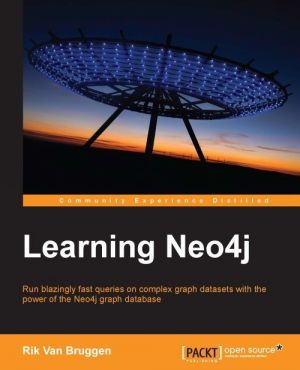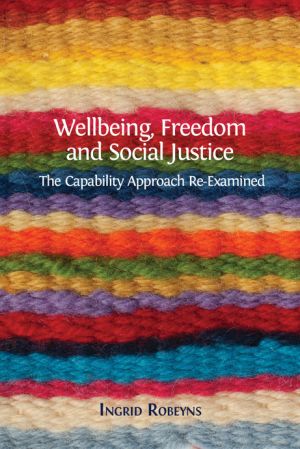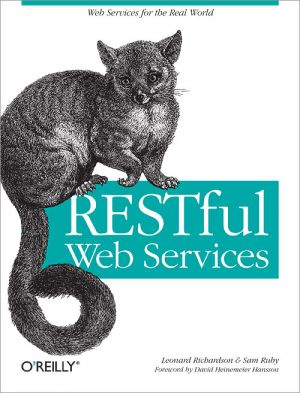POWER BI
found 199 books
by Rik Van Bruggen
Neo4j is the world's leading graph database and offers users a radical new way of dealing with connected data. This book has been created to help you get to grips with it, providing you with an accessible route through a tool built to contend with the complexity of modern data. Learn the fundamental concepts behind Neo4j, and put them into pra...
by Jennifer Edmond
How does technology impact research practices in the humanities? How does digitisation shape scholarly identity? How do we negotiate trust in the digital realm? What is scholarship, what forms can it take, and how does it acquire authority? This diverse set of essays demonstrate the importance of asking such questions, bringing together establis...
by Ingrid Robeyns
How do we evaluate ambiguous concepts such as wellbeing, freedom, and social justice? How do we develop policies that offer everyone the best chance to achieve what they want from life? The capability approach, a theoretical framework pioneered by the philosopher and economist Amartya Sen in the 1980s, has become an increasingly influential way to ...
by Jeff Kochan
In this bold and original study, Jeff Kochan constructively combines the sociology of scientific knowledge (SSK) with Martin Heidegger's early existential conception of science. Kochan shows convincingly that these apparently quite different approaches to science are, in fact, largely compatible, even mutually reinforcing. By combining Heid...
by Oscar Hemer, Maja Povrzanović Frykman, Per-Markku Ristilammi
Conviviality has lately become a catchword not only in academia but also among political activists. This open access book discusses conviviality in relation to the adjoining concepts cosmopolitanism and creolisation. The urgency of today's global predicament is not only an argument for the revival of all three concepts, but also a reason to br...
by Henry Kennedy, David C. Van Essen, Yves Christen
This book has brought together leading investigators who work in the new arena of brain connectomics. This includes 'macro-connectome' efforts to comprehensively chart long-distance pathways and functional networks; 'micro-connectome' efforts to identify every neuron, axon, dendrite, synapse, and glial process within restricted ...
by Nils Petter Gleditsch
This is an open access book. Lewis F Richardson (1981-1953), a physicist by training, was a pioneer in meteorology and peace research and remains a towering presence in both fields. This edited volume reviews his work and assesses its influence in the social sciences, notably his work on arms races and their consequences, mathematical models, the s...
by Michael Uljens, Rose M. Ylimaki
This volume argues for the need of a common ground that bridges leadership studies, curriculum theory, and Didaktik. It proposes a non-affirmative education theory and its core concepts along with discursive institutionalism as an analytical tool to bridge these fields. It concludes with implications of its coherent theoretical framing for future e...
by Patrick O'Brien
There could be no more opportune time than the start of the third millennium AD to produce an entirely new atlas of world history. Not only does this symbolic (if arbitrary) moment provoke a mood of public retrospection, but the pace of global change itself demands a greater awareness of "whole world" history. More than 20 years have p...
by Leonard Richardson, Sam Ruby
You've built web sites that can be used by humans. But can you also build web sites that are usable by machines? That's where the future lies, and that's what RESTful Web Services shows you how to do. The World Wide Web is the most popular distributed application in history, and Web services and mashups have turned it into a powerful...










